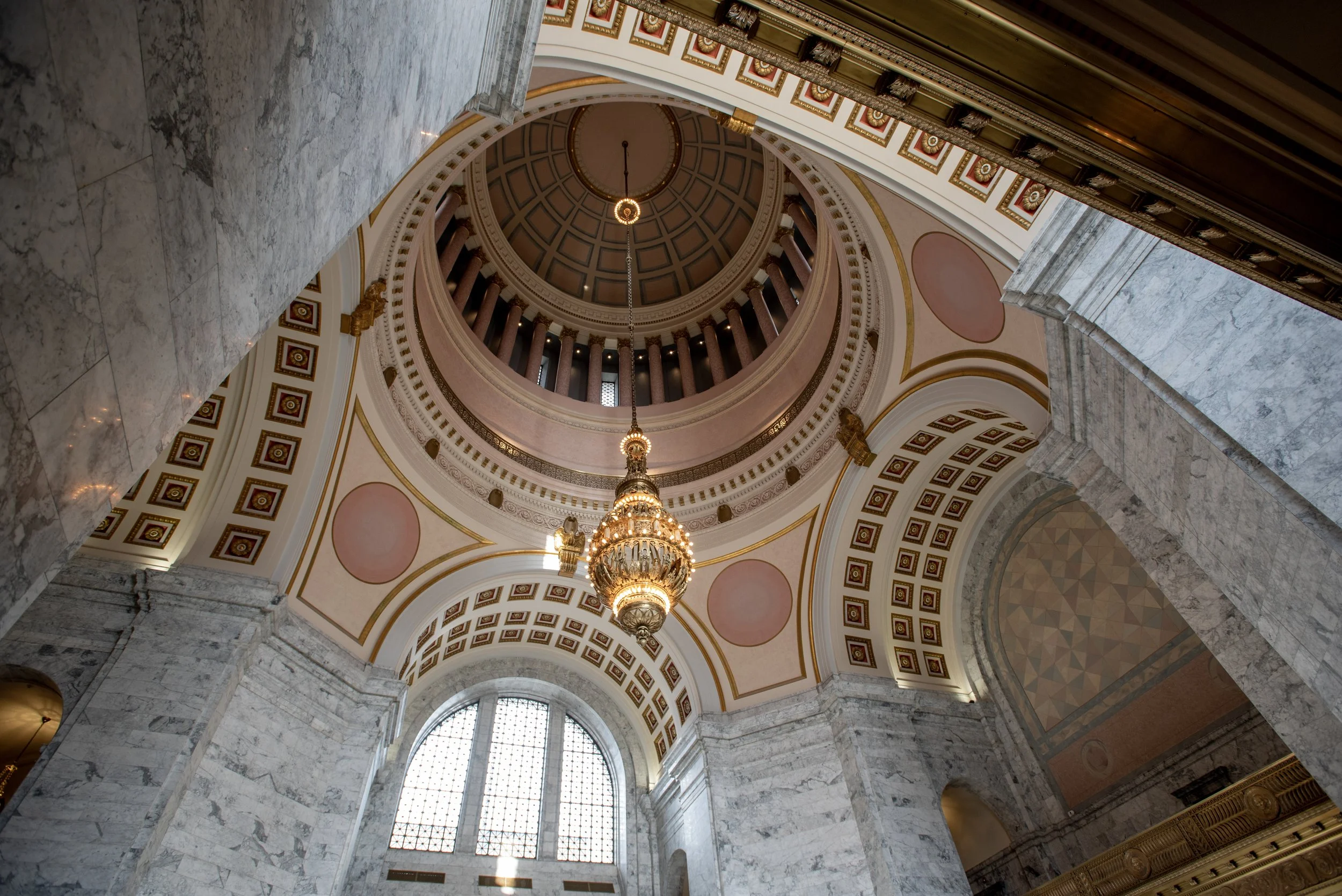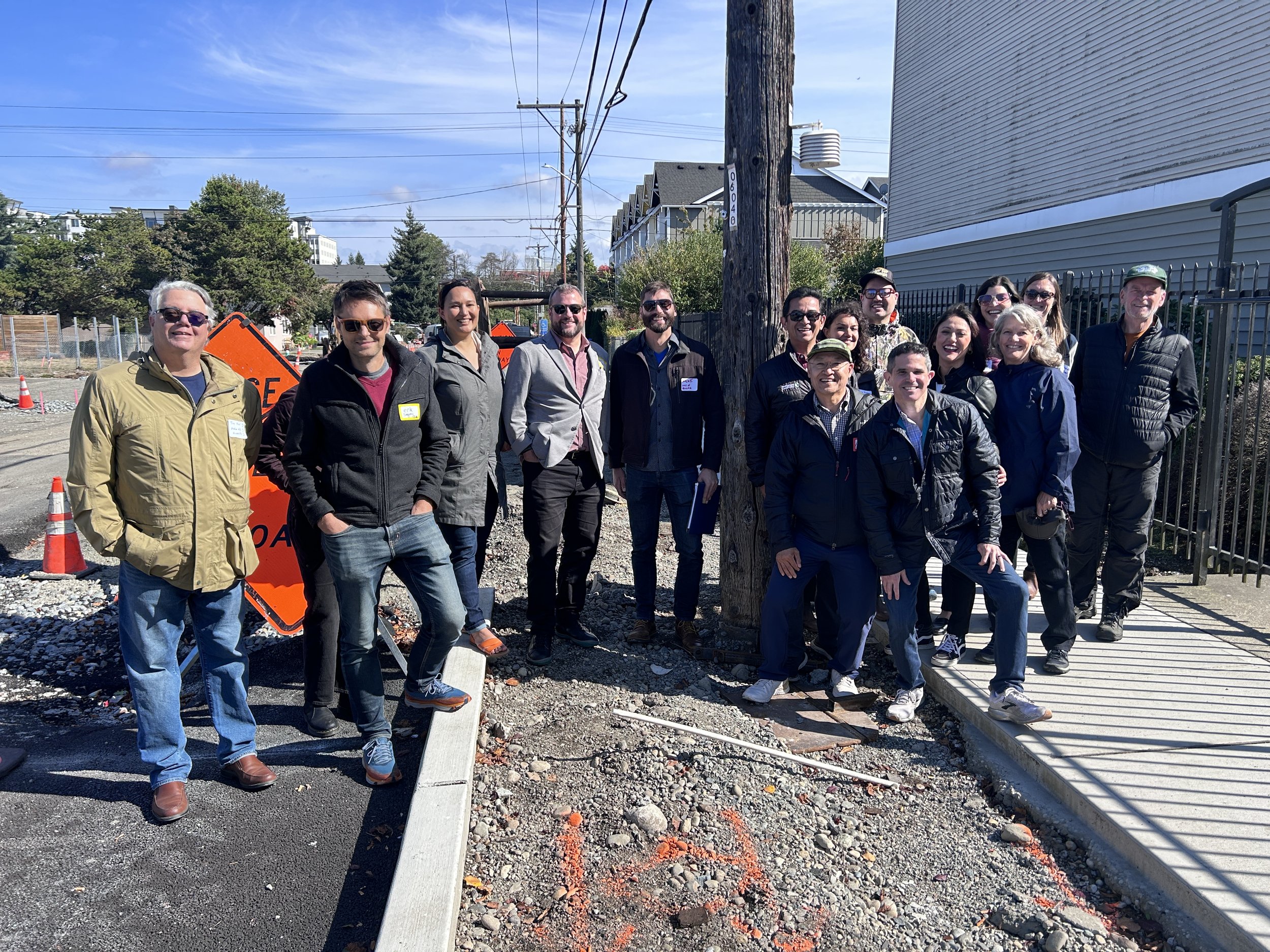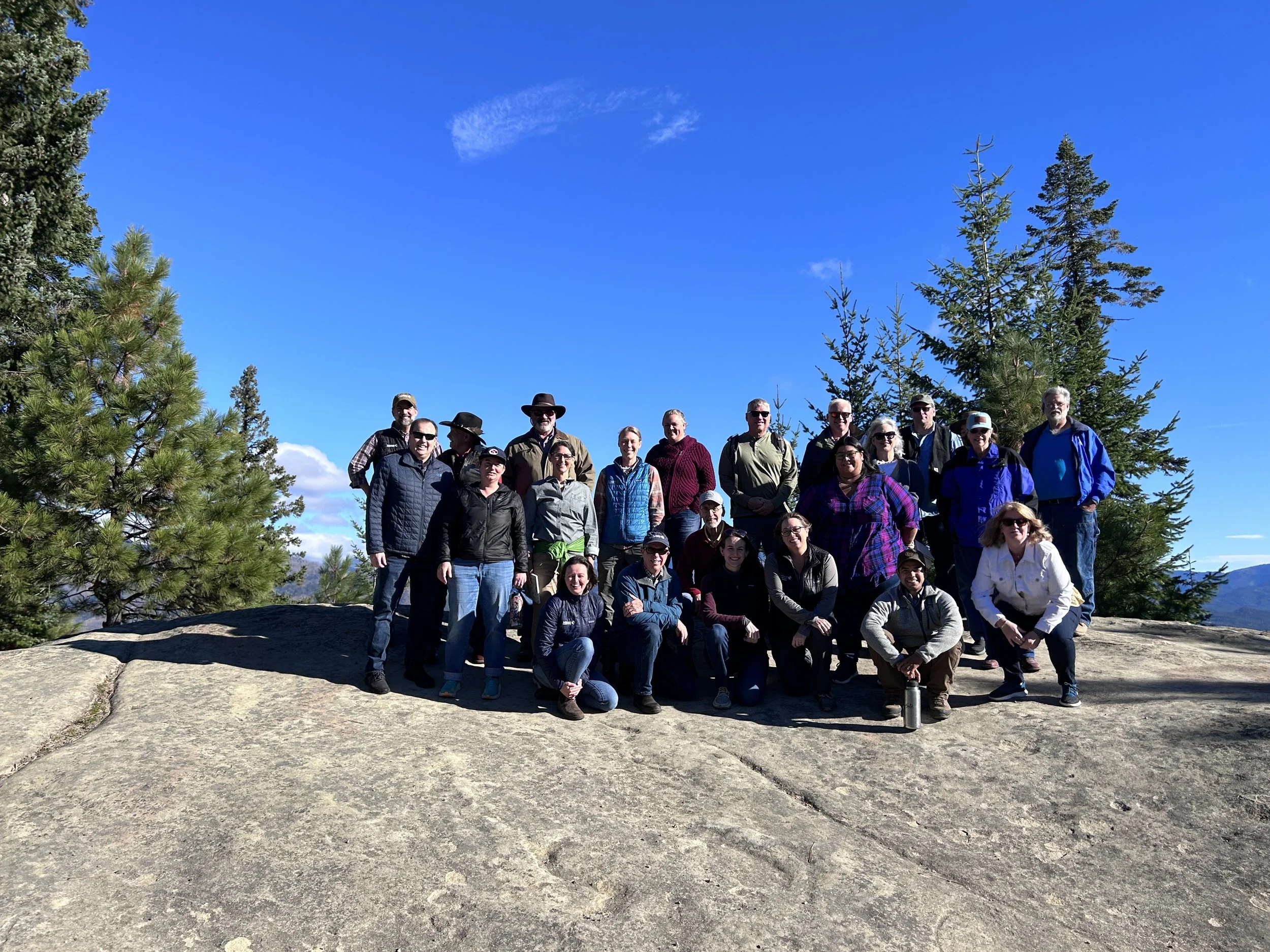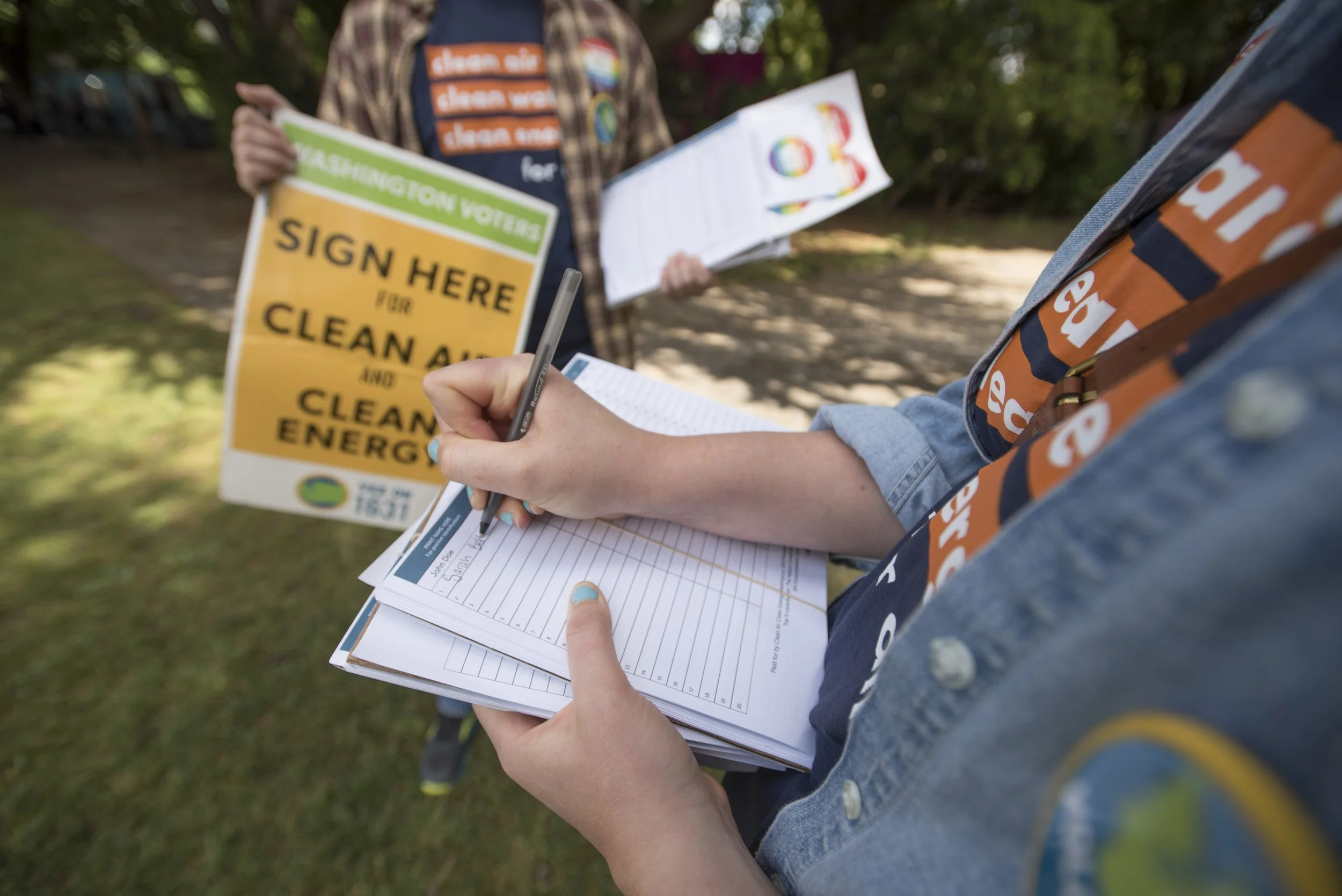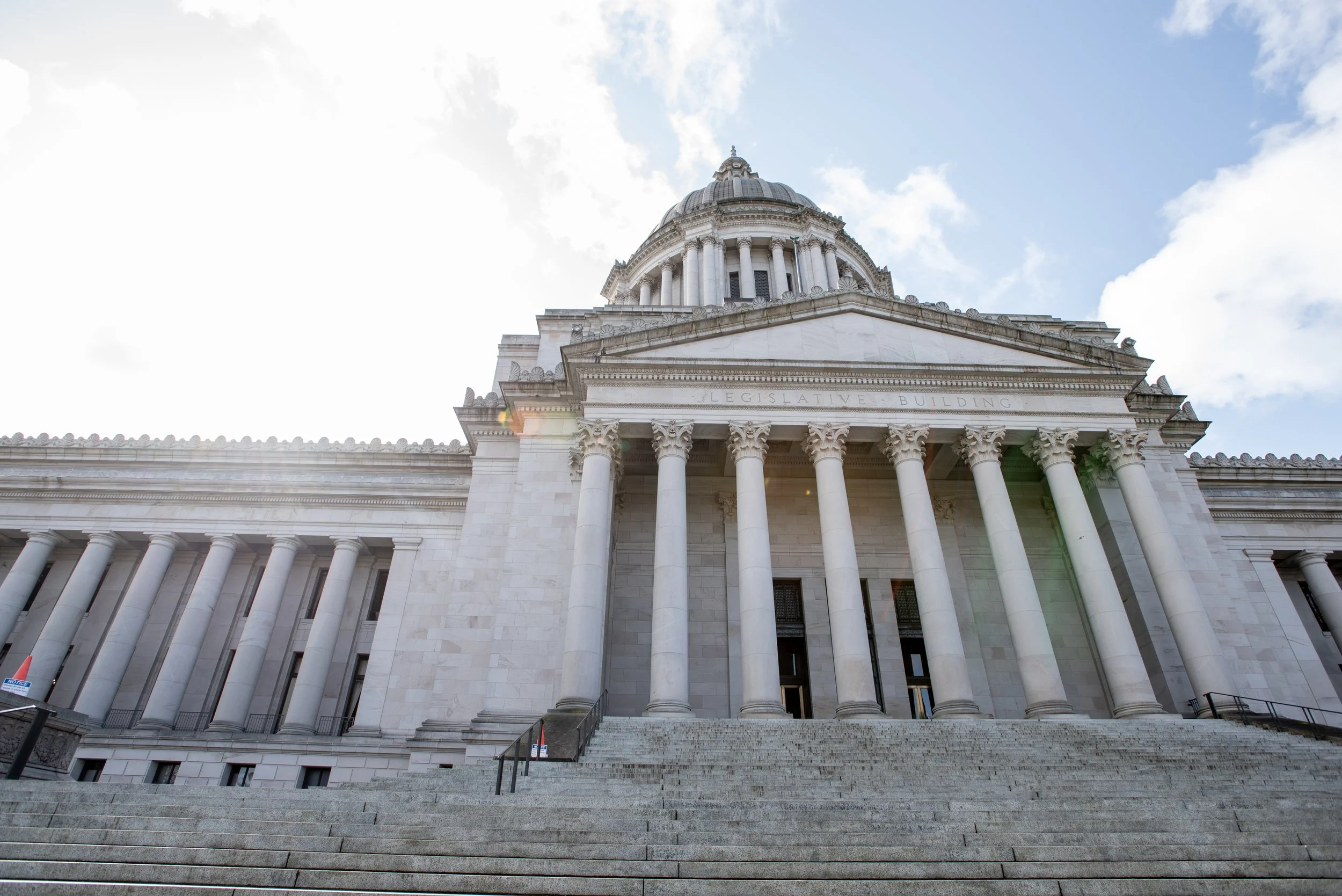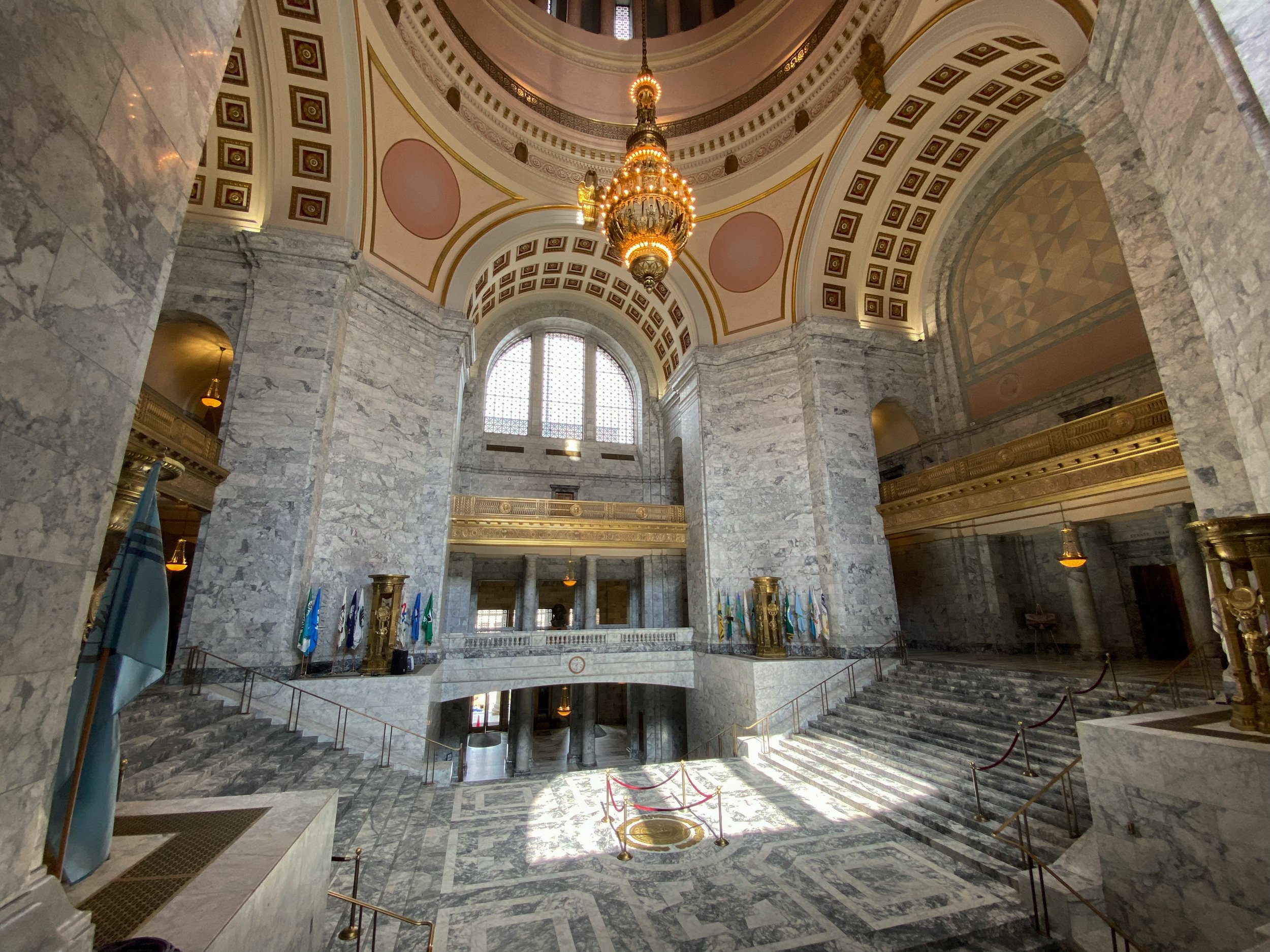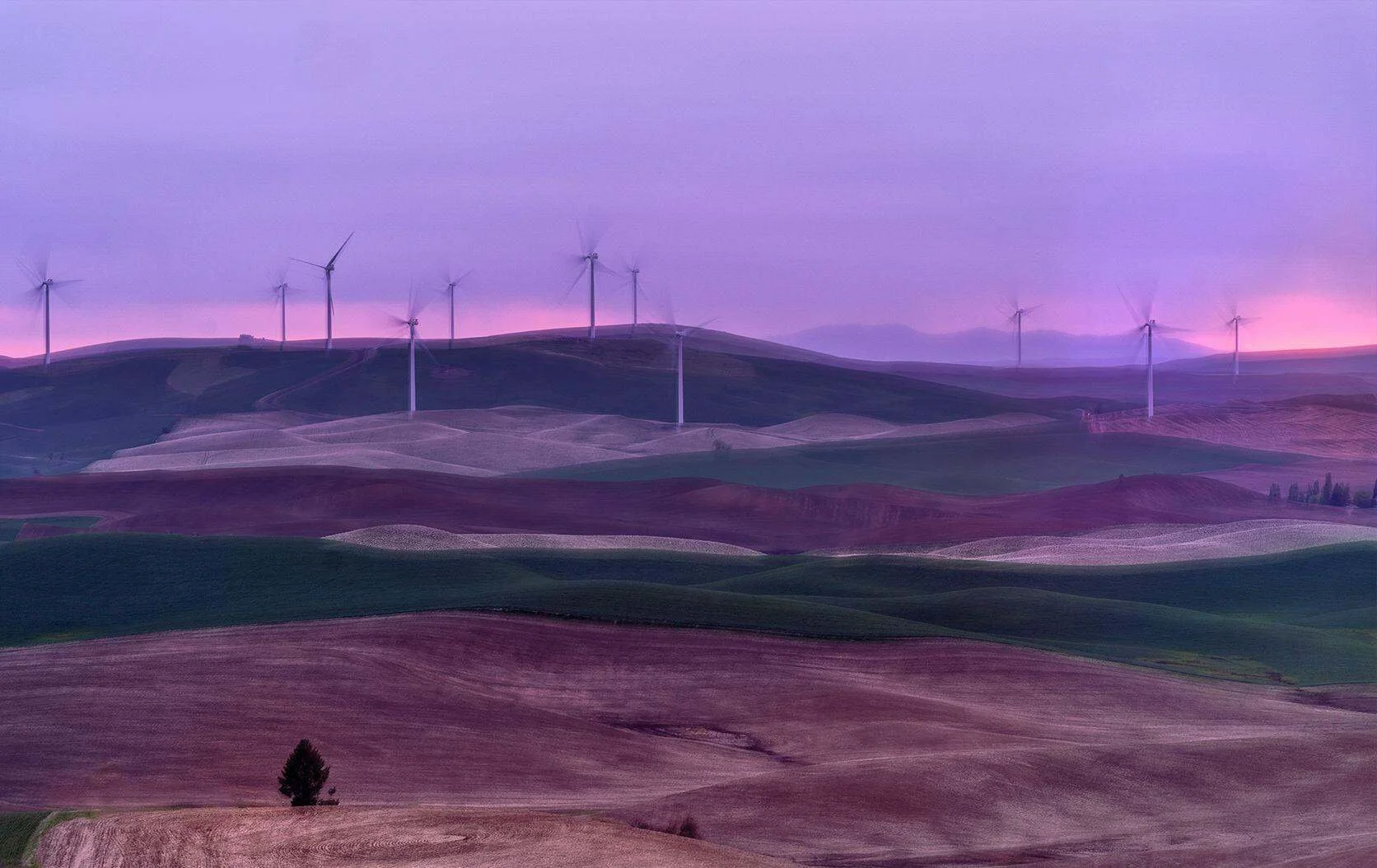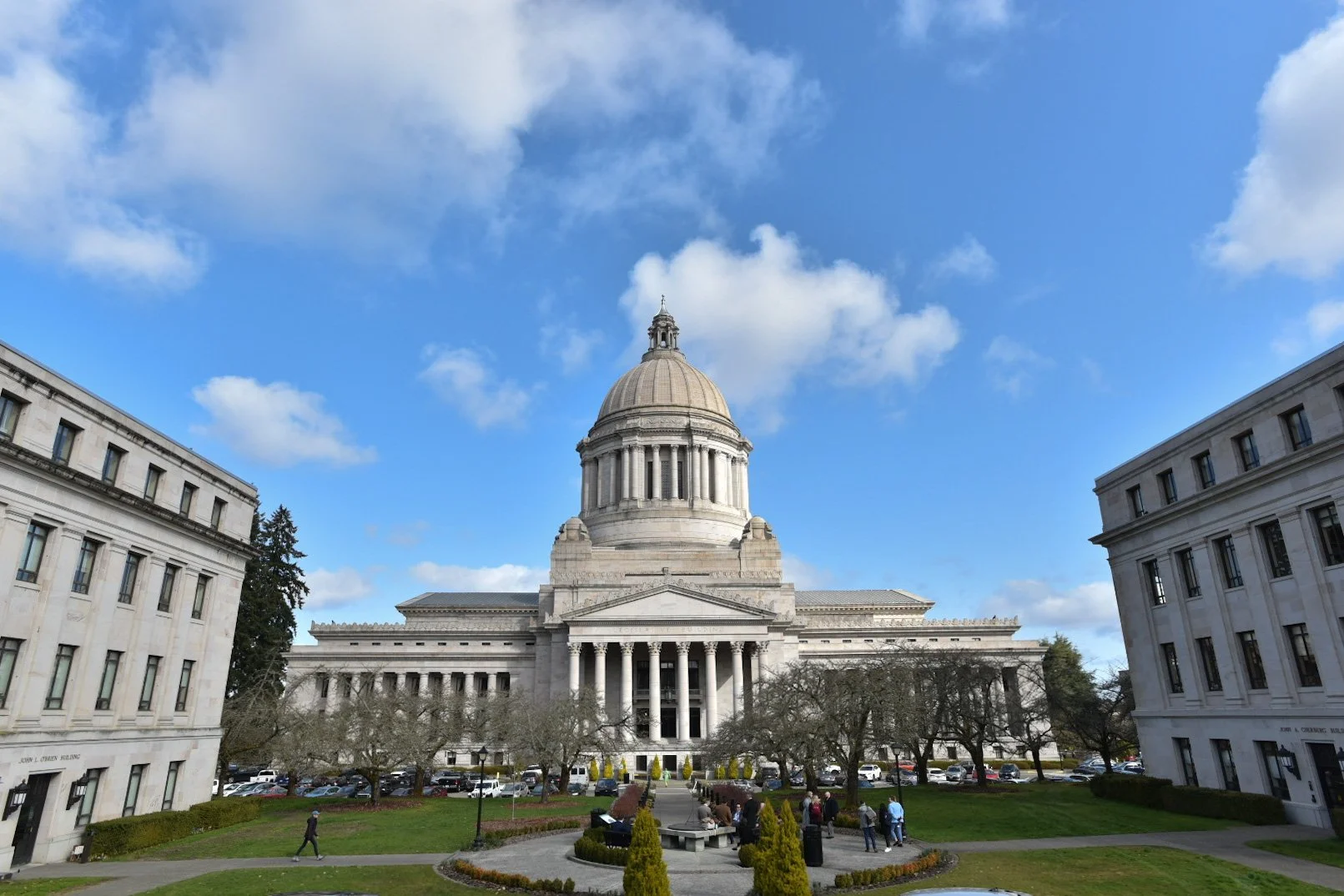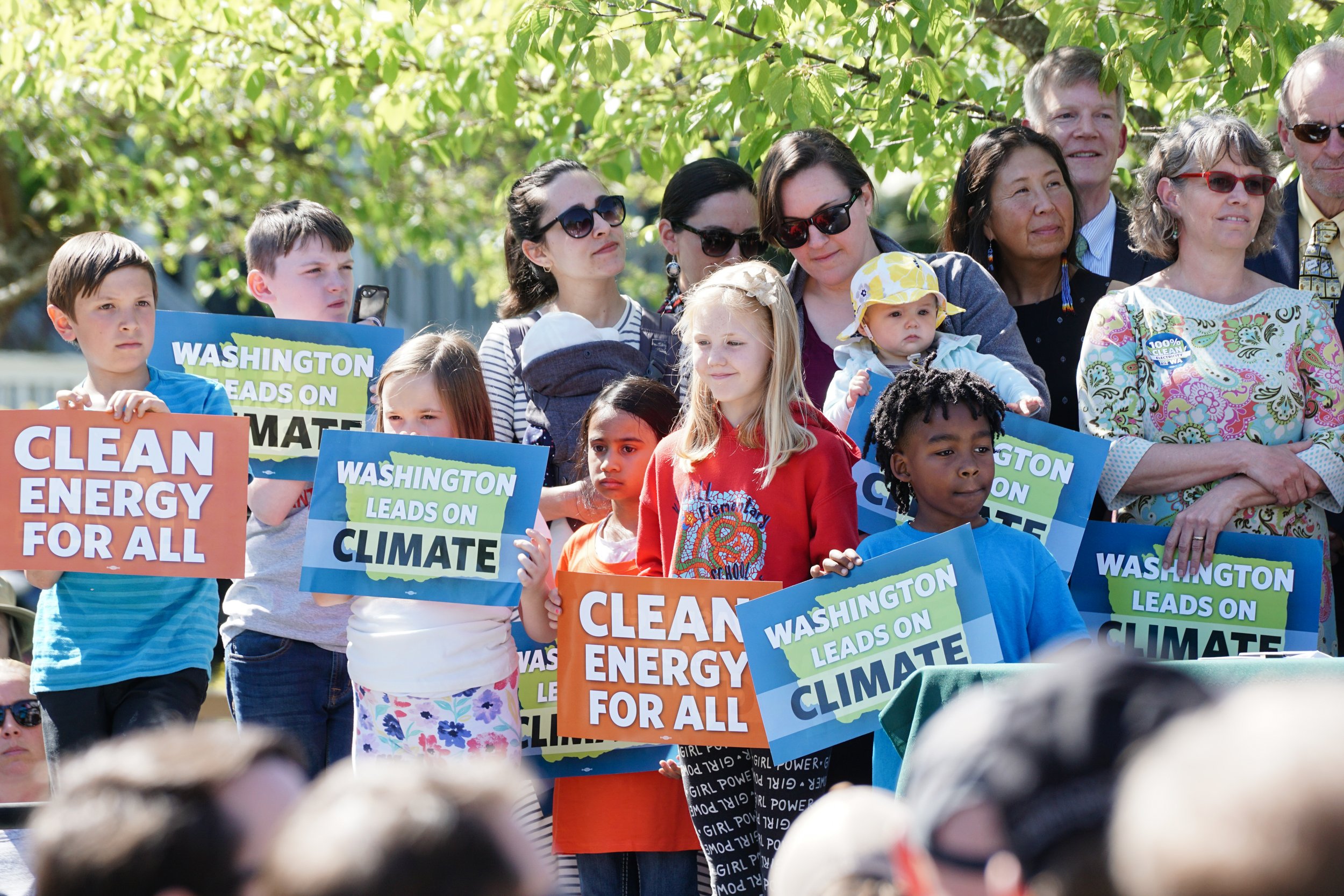Our spirits are high as we pass the halfway point in the 105-day Washington state legislative session. Many top priority policies have made it past the first major policy deadline, known as “House of Origin cutoff,” when bills introduced in the House must be approved by a House floor vote, and likewise in the Senate. Those that have made it through move to the opposite chamber to go through the committee process and be voted on there.
This has been an unusual session, with action taking place both in Olympia and online. It’s simpler than ever for you to make your voice heard on these important issues. Links below tell you exactly how to weigh in.
Policy Highlights To Date
The Clean Fuel Standard (HB 1091) is moving along, powered on a mix of renewable, low-carbon biofuels, clean electricity and voices from across Washington calling for meaningful climate action and cleaner air. The House passed the bill on February 27, and it’s now making its way through the Senate. Follow #CleanFuelsNow on Twitter for the latest!
The HEAL Act (SB 5141), a bill to implement the recommendations of the Environmental Justice Task Force, also passed its “House of Origin,” the Senate, and is going through the committee process in the House of Representatives, starting with the Environment & Energy Committee.
And a great big policy highlight: the House unanimously approved HB 1168, a bill to create a dedicated wildfire funding account. This universal show of support is so encouraging, but we have a long way to go in the Senate, where lawmakers will tackle the tough question of how to fund the account. Learn more about the bill and stay tuned for opportunities to act in support of a more fire-resilient Washington in the coming weeks.
Our Forest Partnerships Manager, Darcy Batura, spoke with KING5 News about the importance of dedicated fire funding along with our friend Micaela Razo-Araguz from the Latino Community Fund, a key advocacy partner for fire resilience.
Next Up: the Budget
The other big news is the budget: in just a matter of days, an updated state revenue forecast will be released, and soon after, the House and Senate will share their budget proposals.
The state budget shows, quite literally, what we value. We think a healthier, more resilient future for people and nature should be a top-tier item for Washington state, and have been urging the Legislature to protect the programs that clean our air and water, protect homes and businesses from flooding and wildfire, provide good jobs, restore habitat for fish and wildlife and make it possible for more people enjoy the outdoors safely.
In a time when many are struggling financially and expanding access to the outdoors has never felt more important, we’re joining with our friends in the Environmental Priorities Coalition to show how conservation works in many ways.
The Floodplains by Design partnership is a statewide effort to integrate the management of Washington’s rivers for multiple benefits: flood risk reduction, fish abundance, farming and more. Our new three-minute video features projects from across the state. Each unique initiative brings together sometimes-unlikely partners to approach complex problems in a holistic way, honoring Tribes’ generations of stewardship of these lands and waters and working to ensure the many stakeholders in each floodplain are able to play a part in its future.
The new Community Forests program through the Washington Recreation & Conservation Office (RCO) helps safeguard the economic, ecological and social benefits of Washington’s working forests. The grant program supports rural communities’ priorities for the ownership, use and long-term management of forests, while protecting their working status in perpetuity. It’s a great example of how conservation supports jobs in the woods, while also preventing sprawl, helping communities reduce wildfire risk and protecting water supplies. We’re advocating for $22 million for community forests in the capital budget to support projects from the Olympic Peninsula to Spokane.
Coastal Tribes, nonprofit organizations, city governments and other project sponsors whose work is supported in part by the stalwart Washington Coast Restoration & Resiliency Initiative (WCRRI) are sharing their stories with lawmakers, including several newly elected legislators from the 19th and 20th districts. WCRRI has leveraged public dollars for coastal economic and environmental resilience projects since 2015, supporting hundreds of jobs while restoring forests and fish habitat and helping communities adapt to the impacts of climate change. We’re partnering with sponsors and our friends at the Coast Salmon Partnership to help share these stories.
On the other side of the mountains, we’re advocating for fire resilience funding for Washington’s shrub-steppe. While our forest health crisis is urgent, we’re painfully aware that wildfires can devastate landscapes of all types, including central and eastern Washington’s iconic shrub-steppe. This year’s proposal implements immediate on-the-ground restoration projects and support for communities affected by the 2020 wildfires, and it funds a planning process for longer-term conservation priorities for shrub-steppe and rangelands.
You can support the shrub-steppe proviso and the rest of the priorities outlined here with just a few clicks and keystrokes during this virtual legislative session. Together, we can help create a more resilient Washington for today and for future generations.







